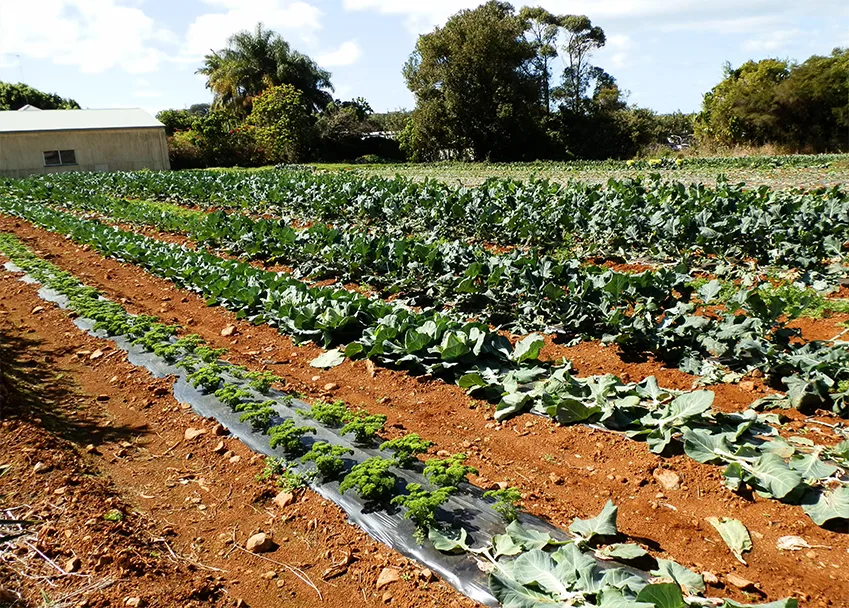Good soil conditions are critical to the healthy growth of most plants. Nutrient levels, pH, salinity, depth, texture (properties of sand and clay), structure (form and arrangement), porosity (air space), consistence (the ability of soil to withstand rupture) and even colour can affect plant growth independently or interdependently.
Over eight lessons this course will develop an understanding of physical and chemical properties of soils, the ability to carry out simple tests and determine soil characteristics, and to decide ways of treating a soil to improve its ability to grow plants.
Course Aims:
- To describe the significance of different physical and chemical properties of soil, in relation to the growing of plants.
- To correctly extract samples of soil, appropriate to different situations; and then conduct a range of simple tests to determine varying characteristics of the sample taken.
- To further explain the characteristics of a soil, scientifically; and relate those characteristics to the capacity of a soil to grow plants.
- To recommend appropriate selection and management of potting and other alternative media for growing plants in containers.
- To diagnose and recommend the treatment of a variety of soil degradation problems
- Understanding of the principles of sustainable soil management
- To determine appropriate management programs for different soils in horticultural situations.
- To recommend soil management practices which are not going to cause a degradation of soil quality.
- Explain the methods used in managing earthworks in a way which is sensitive to soil condition.
This Certificate is made up of 8 Lessons:
1. Physical & Chemical Properties Of Soils
2. Soil and Plant Tissue Test Methods
3. Soil Science and Health
4. Container Growing
5. Land Degradation & Other Soil Problems
6. Soil Management Applications
7. Organic Techniques of Soil Management
8. Soils and Managing Earthworks

